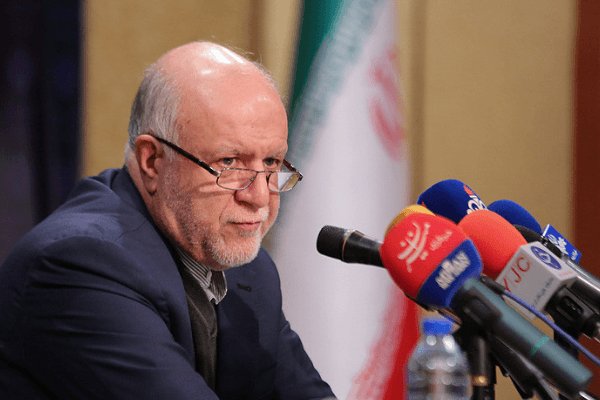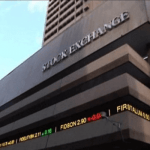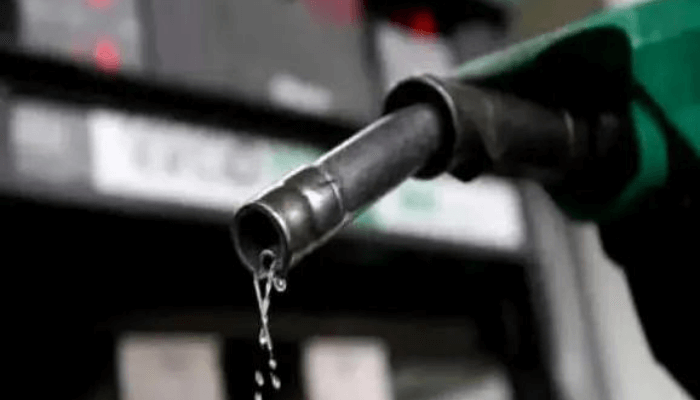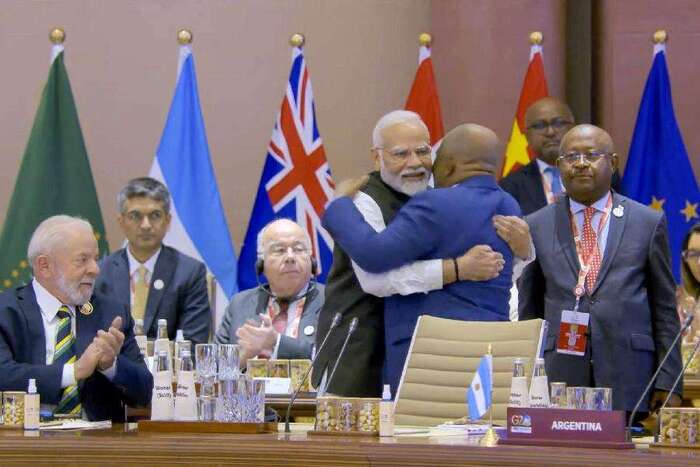Iran’s oil minister has warned that the future of OPEC is in jeopardy over the growing dominance of Saudi Arabia and Russia in the cartel’s affairs.
The oil group and its allies are on course to extend production cuts of 1.2m barrels per day for at least another six months, after Iran said it would not block a deal struck at the weekend between Russian president Vladimir Putin and Saudi Arabia’s de facto ruler, Crown Prince Mohammed bin Salman.
But Bijan Zanganeh, Iran’s oil minister, warned that the future of the oil producers’ group was in the balance as the Saudi-Russia alliance was increasingly sidelining traditional members. “I have no difficulty with the extension of the cut,” Zanganeh told reporters as he arrived in Vienna on Monday for a meeting between Opec members.
“My problem is unilateralisation”, which was “threatening the existence of Opec . . . Opec might die”. His comments come as Opec and its allies are struggling to support an oil price that is on course to average less this year than in 2018, despite US sanctions hitting the output of Opec members Venezuela and Iran and the group enacting additional production cuts. Russia, which is not an Opec member, has allied with the cartel since late 2016 as members try to adjust to growing supply from US shale fields, which ended the $100-a-barrel oil era five years ago.
But in forging a close-knit relationship with Saudi Arabia, the largest producer in Opec and Iran’s major rival in the Middle East, Moscow and Riyadh have been accused of mounting in effect a takeover of the group. Russian president Vladimir Putin announced at the G20 in Japan at the weekend that he and Crown Prince Mohammed bin Salman had agreed the supply deal should be extended by six to nine months, essentially pre-announcing the deal before Opec oil ministers could meet on Monday.
“Discussions this week appear a foregone conclusion, if not a mere formality,” said analysts at JBC Energy in Vienna. Signs the deal would be extended helped Brent crude oil, the international benchmark, rise 2.8 per cent on Monday to $66.56 a barrel, with markets also supported by an easing in trade tensions between the US and China.










